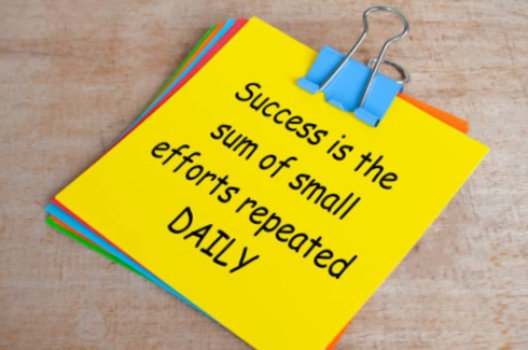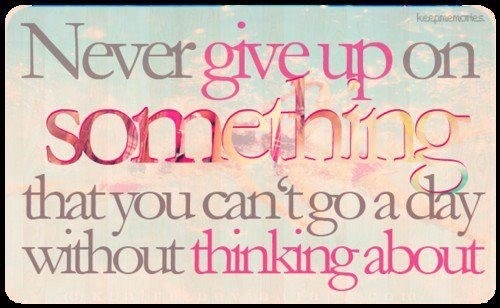Your Core Values are the Building Blocks
Over the past several weeks we’ve discussed the importance of a solid foundation for building a successful business. We talked about the ground the foundation is set on is who you are and how you can know your why.
This week we’re going to go back to the foundation. We’re going to take a more detailed look at core values and how they work as the building blocks of your business’s foundation.
Core values are your fundamental beliefs. They are your guiding principles.

It’s like your business conscience. It is who you are.
The definition of CORE is – the central or most important part of something. This is the most inner part of who you are. This is like your conscience. The deep down, on the inside, who God made you to be.
VALUES are – the regard that something is held to deserve; the importance, worth, or usefulness of something; a person’s principles or standards of behavior; one’s judgment of what is important in life. This is the part that you choose. How you want to be, how you will treat others, etc.
This doesn’t mean they are good. Some people’s values may be selfish or greedy, but regardless, we choose what values we will live by.
These are the non-negotiables. The things that, when faced with decisions, will help your business withstand earthquakes.

How to identify your business’s core values:
- Look at a list of values. Find a good, extensive and thorough list of values (like the one below) and start digging through it.
- Identify the ones that resonate. From the list, identify the ones that feel most important and mark it with a 1 for most important, 2 for somewhat important, and 3 for least important. Narrow down your number 1’s to six to eight values that feel like an absolute priority. To help you figure it out, ask yourself who a few people are that model what you inspire you, and look at your number 1’s to see what matches.
- Know your heroes. You can also find your core values by thinking about your “heroes,” reflecting on what they embody, what they stand for, and how they embrace it.
- Notice your patterns. Being aware of your patterns that are healthy versus unhealthy can guide you in identifying your core values. You can learn about what you want and what doesn’t feel right to you in this process,
- Assess whether you’re happy. Ask yourself whether your experiences or choices are making you happy. If not, there are likely core values that aren’t being met in those decisions and situations.
Here is an abbreviated list of personal core values –
- Integrity
- Freedom
- Autonomy
- Justice
- Faith
- Success
- Wealth
- Grace
- Play
- Joy
- Balance
- Peace
Here is an abbreviated list of work core values –
- Clear direction
- Efficiency
- Dedication
- Growth
- Collaboration
- Creativity
- Research
- Professionalism
- Timeliness
- Quality
- Problem-solving
- Discipline
You can see the complete lists here.
My personal and business core values are the same. They are a collection of things that I’m naturally good at and some things…not so much. Things that I’m constantly working to get better at.

My core values are things that are in alignment with what I believe God wants from me and for me.
It’s hard to define your business’s core values if your business is more than just you. We are all individuals and recognizing this will make the process easier.
My Core Values—other than the first one—are in no specific order. Some you may recognize as quotes or common sayings. Others are things that I have modified in some way that are meaningful to me. And some I conceived on my own. All of them are values I hold high and strive to live out daily.
Here they are:
- Honor God in all that I do
- Make all I can, Save all I can, Give all I can
- Spend time wisely, there is a limited amount
- Pay attention to detail
- Never be satisfied with mediocrity
- Find and maintain the balance in everything
- Build the wall one brick at a time
- Remember that I have two ears and one mouth
- Avoid drama
- Be accountable
- Take off the blinders, be more observant
- Intentional action
Over the next couple of weeks, I will break down these core values and give you more insight into what they mean to me and how I try to live them daily.







